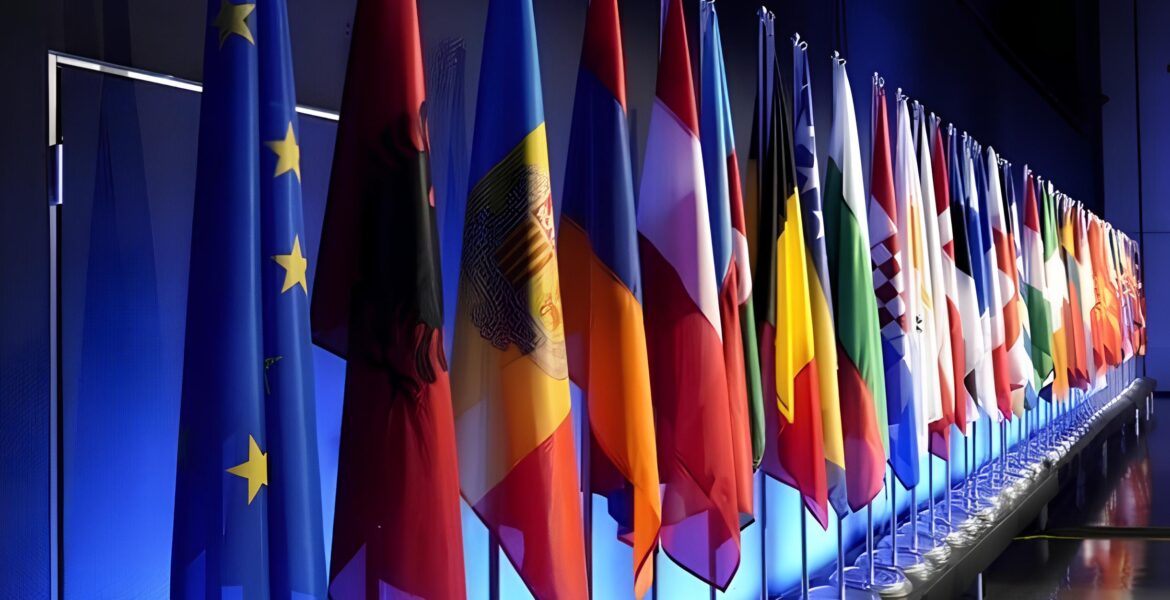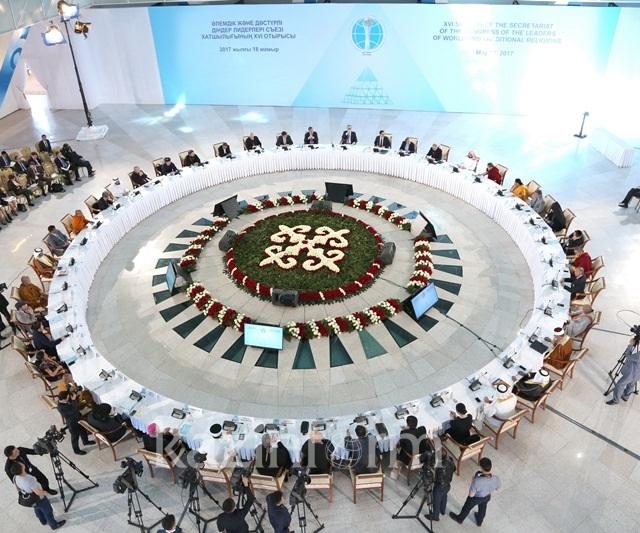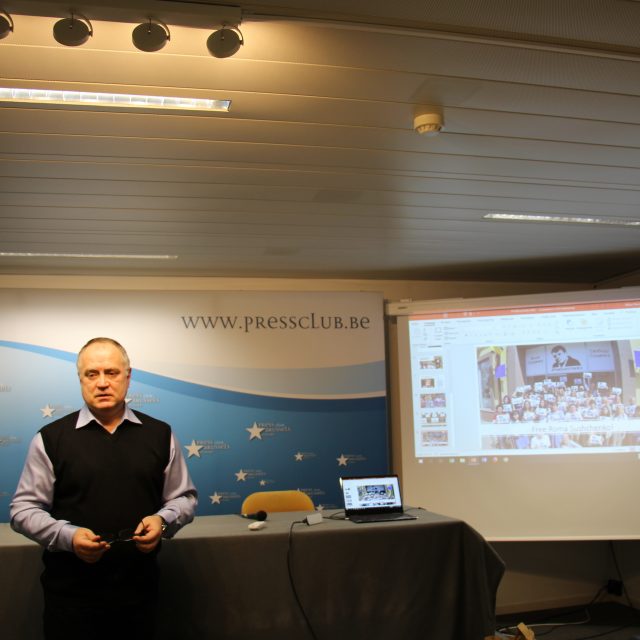On 15-16 June the World Summit will take place at the Bürgenstock Hotel in the canton of Nidwalden, Switzerland, as announced by the presidents of Ukraine and Switzerland back in mid-January. This is the first event aimed at restoring peace and security in Ukraine, with approximately 100 states and organisations set to participate. In 2022, we witnessed the Istanbul negotiations, followed by peace conferences in Denmark, Saudi Arabia, and Malta in 2023. This year, the conference in Davos on January 14, 2024, drew representatives from 80 countries, indicating a positive trend towards increasing the scale and significance of such gatherings.
However, the primary goal of the World Summit – to convene leaders from the Global South for negotiations – remains partially unmet due to Russia’s absence among the invited participants. As a result, only three out of ten points from Ukrainian President Volodymyr Zelensky’s “Formula for Peace” will be discussed during the June Summit. These points address global issues and do not yet touch upon questions of territorial integrity and ceasefire. They focus on nuclear and food security amidst the occupation of the Zaporizhzhia Nuclear Power Plant and the bombardment of Ukrainian port infrastructure, as well as the exchange of prisoners of war in the “all for all” format.
This Summit will serve as a catalyst for initiating a new, more serious discourse on “how to stop the war in Ukraine,” which daily claims the lives of the best representatives of the Ukrainian people. Based on the foundations laid in Switzerland, we can plan the next, even more significant Summit, with the participation of leaders from Russia and China.
The World Summit is not just Ukrainian President Volodymyr Zelensky’s effort to refocus global attention on the situation in Ukraine and achieve justice, security guarantees, and a peaceful sky for its citizens. It is also a signal to democratic societies that they stand on the brink of an irreversible catastrophe if they allow Ukraine to fall into Moscow’s hands. Reaching peace agreements and obtaining written security guarantees for Ukraine and its sovereignty will help preserve democratic institutions and values, as well as restore respect for international law and the UN Charter.
However appealing the idea of repeating the Munich agreements regarding Russia may seem, it will lead to the same outcome – a new global war. If the 21st-century leaders do not see scenarios where Russia should suffer defeat, they must understand that there are also no options where Ukraine can or should lose, as both paths will lead to the destabilisation of the global order.




